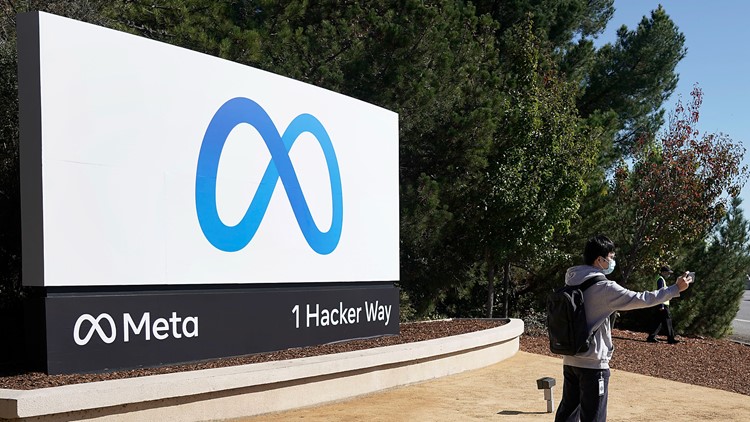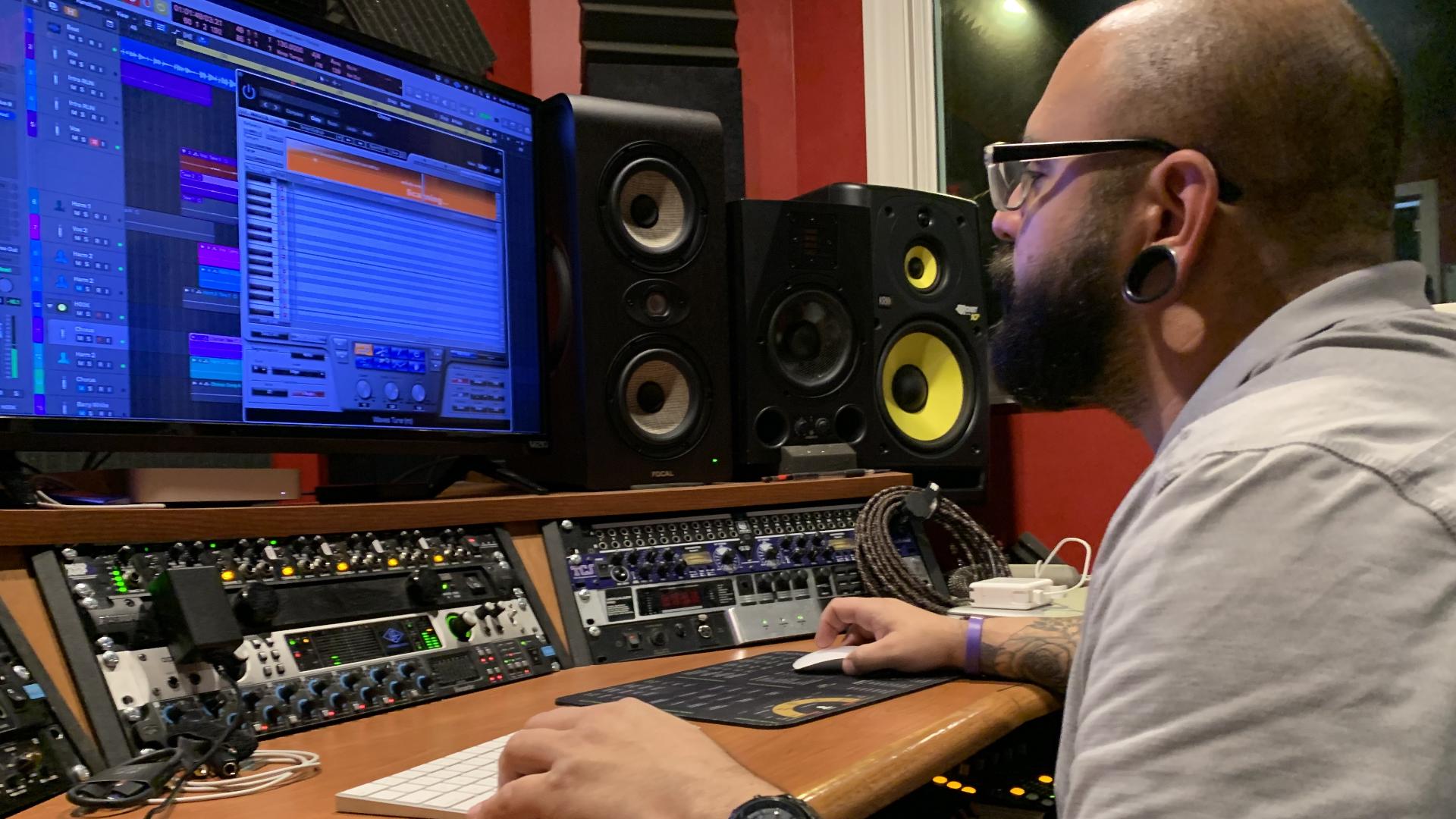Jan. 6 is National Tech Day!
Here are some major announcements in technology and science from the past 365 days.
Northwestern University: Injectable Therapy to Reverse Paralysis
In Nov. 2021, researchers at Northwestern University announced that they developed an injectable therapy that can "reverse paralysis and repair tissue after severe spinal cord injuries."
In the new study, scientists injected "dancing molecules" that send "bioactive signals to trigger cells to repair and regenerate."
The report says four weeks after a single injection of the treatment, paralyzed mice regained the ability to walk.
Within 12 weeks, the report says the materials in the treatment biodegrade into nutrients for the cells, completely disappearing and without noticeable side effects
Meta: The introduction of the Metaverse
Meta, the company once known as Facebook, announced its new name on Oct. 28, 2021.
The change comes as Meta shifts its focus from social media to building a "Metaverse."
The company's "Quest 2" virtual reality headset, which was released in late 2020, sold more than 10 million units before the 2021 holiday season.
Neuralink: Brain Computer Interface
Elon Musk's company "Neuralink" released a video and blog post showing a Macaque monkey control a paddle from the video game "Pong" with just its mind.
According to Neuralink, the monkey, named Pager, has a device implanted in its brain with 1,024 electrodes that can record and transmit brain activity to a computer.
Neuralink says its first goal is to, "give people with paralysis their digital freedom back: to communicate more easily via text, to follow their curiosity on the web, to express their creativity through photography and art, and, yes, to play video games."
Pfizer and Merck: COVID-19 anti-viral pills
In late 2021, with COVID-19 continuing to spread across the planet, the FDA authorized Merck and Pfizer's anti-viral pills to treat the disease.
While studies have shown Pfizer's anti-viral pill to be more effective than Merck's, reducing hospitalization or death by 89% among people given the drug within three days of first showing symptoms, both should help take stress off of struggling health systems.



